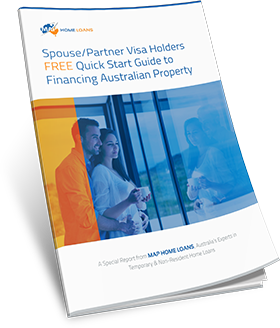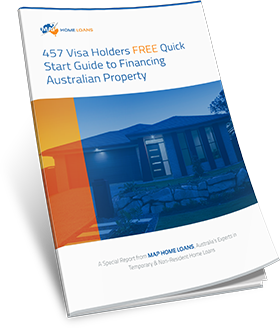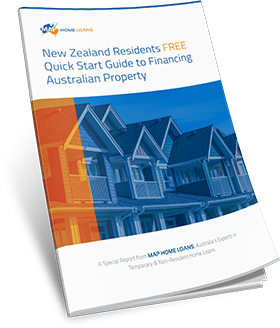Reserve Bank of Australia – August 2019 Update
Aug 7, 2019 by Map Home LoansInterest Rate Update Since the election this year there have been two interest rate changes, a new prime minister and… Read More
Interest Rate Update Since the election this year there have been two interest rate changes, a new prime minister and… Read More
On Tuesday, the Reserve Bank of Australia decided to decrease the Cash rate by 0.25% to 1.00% It was a… Read More
Labor’s negative gearing policy was announced in February 2016. Whilst there has been much debate about the merits of negative… Read More
Did you know that every year people just like you lose money, by not understanding their rental property depreciation entitlements?… Read More
Have you invested your hard earned money in a rental property, or are you considering it? Perhaps this is for… Read More
If you have plans to take your career in an international direction – or if you are already globetrotting, and… Read More
Your job doesn’t just help you make money; when it comes time to get a mortgage, it can actually also… Read More
If you shuffle between important meetings at work and are responsible for making big decisions, then the odds are, you’re… Read More
Most overseas buyers who are looking to buy real estate in Australia – whether as an Aussie expat, a temporary… Read More

Almost there, please complete the form to request your..

In this Guide, you’ll discover…
Free Report LIVE 2020 WDS

Almost there, please complete the form to request your..

In this FREE phone consultation, you’ll discover…
And, much more – We will answer any of your questions!


In this Guide, you’ll discover…
We guarantee 100% privacy. Your information will not be shared.


In this Guide, you’ll discover…
We guarantee 100% privacy. Your information will not be shared.

Almost there, please complete the form to request your..

In this Guide, you’ll discover…


In this Guide, you’ll discover…
We guarantee 100% privacy. Your information will not be shared.


We allow you to…
We guarantee 100% privacy. Your information will not be shared.


We allow you to…
We guarantee 100% privacy. Your information will not be shared.


We allow you to…
We guarantee 100% privacy. Your information will not be shared.


We allow you to…
We guarantee 100% privacy. Your information will not be shared.

Almost there: please complete the form to request your…
We respect your privacy